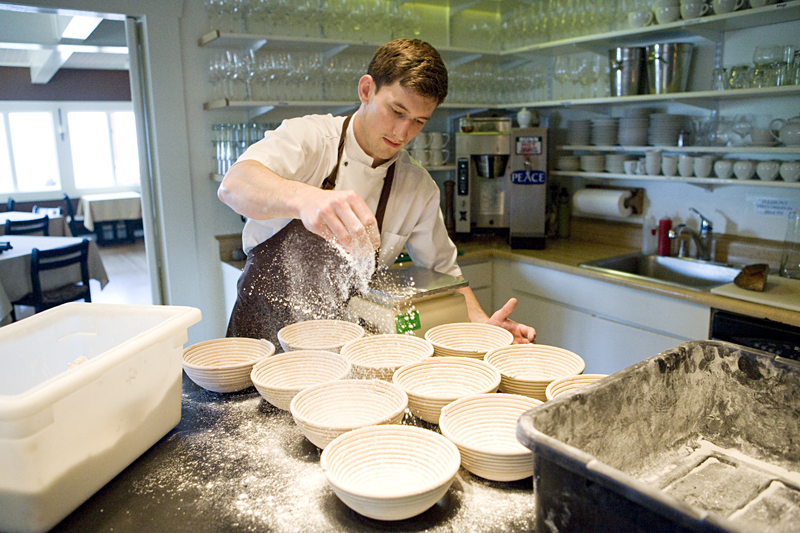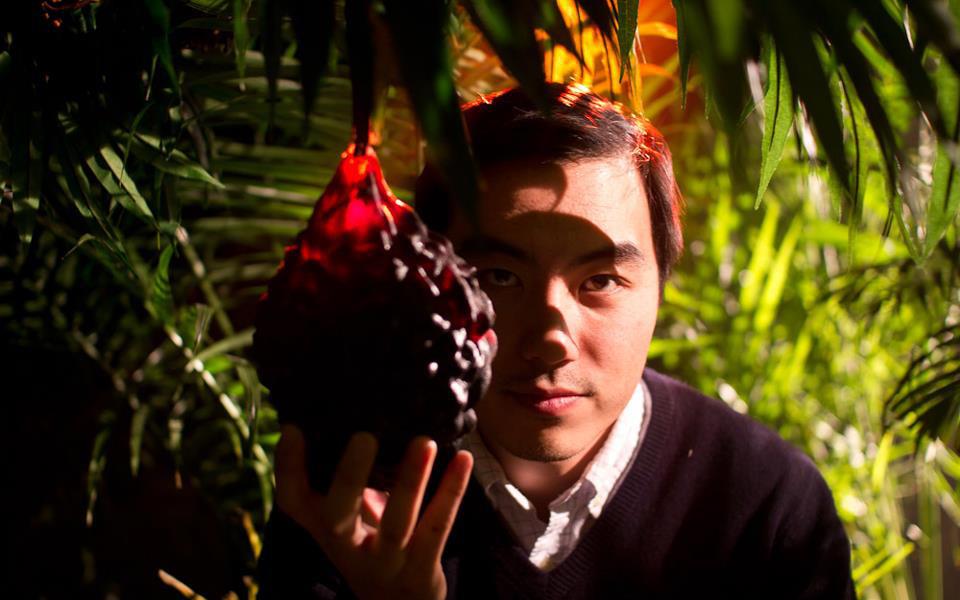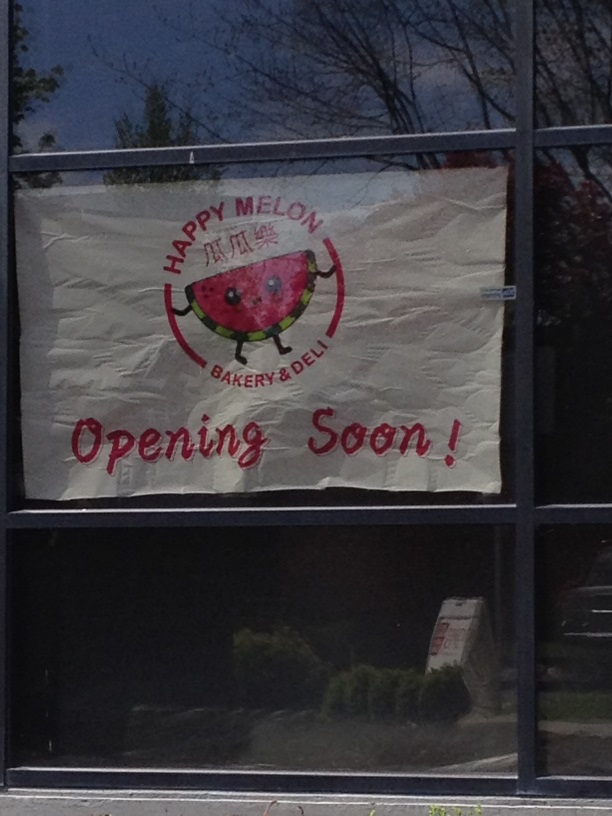You’ll want to go to Willows Inn on Lummi Island, which appears alongside restaurants by Ferran Adrià, Thomas Keller, and Grant Achatz on gourmands’ global checklists, to mark your birthday, anniversary, or some other milestone occasioning the clinking of Champagne glasses.
It’s an erroneous impulse.
Instead, go to Willows Inn when you’re not distracted by metaphysical musings on the passage of time or an overdue assessment of why you chose to marry your spouse. Go on a day that’s special only because you might later watch a sea lion paddling the hushed waters of Legoe Bay while the sun sets. Go because it’s simply not fair to chef Blaine Wetzel, his staff, or your palate to enter the dining room with your senses cocked to anything but the spectacular food awaiting you.
Wetzel, the wunderkind who trained at Copenhagen’s Noma—anointed the “best restaurant in the world” by a cabal of chefs and food writers trusted to issue decrees on culinary excellence—has created at Willows Inn a riveting celebration of the seasons and the land, a visceral reminder that the universality of nature, beauty, and art almost certainly matters more than your 43rd birthday and an attendant slice of cake.
The preceding lecture isn’t authorized by the ego-free Willows Inn, where cooks tromp down from the garden with plastic bagfuls of sorrel and watercress and are expected to help serve the dishes they create. An appealing Nordic modesty pervades the squat Craftsman-style inn, and there’s a touch of American-bred informality, too: Most diners dress for dinner in jeans and flip-flops, and the front desk clerk trilled “Hey, guys!” when we arrived to check in.
A hotel stay isn’t mandatory on weekend nights, when scrimping diners willing to forego wine or juice pairings can experience a meal for $85 plus tip and the cost of the eight-minute ferry ride that links Lummi to Bellingham. Pikers looking to rationalize their frugality will be pleased to know the hotel has little to offer: Our $200 farm cabin had a handheld shower and a curtain instead of a bathroom door, and the touted complimentary breakfast was a debacle of cold bacon and missing coffee. Still, if budget allows, book a room: After hours of edible pleasures, the only realistic next stops are a bed or the beach.
Willows Inn sits hard by a main road. The convenient location surprised me, as so many keystrokes have been expended on Wetzel’s adoration for the out-of-doors that I expected to be seated in a field. But the building overlooks a beach so scenic it rouses immediate regret for not having become a watercolorist. The iconic marine vista is the focal point of the generously windowed dining room and the front porch, where drinks are served before dinner. The bar’s repertoire includes currently fashionable cocktails—a Corpse Reviver leads the list—but the social hour has a timeless calm that must comfort guests whose grandparents owned sailboats and summer homes.
The Inn serves diners the same menu at the same time, but minutely staggers seating to avert a prosecco rush. Parties are summoned by a clipboard-toting server with the grace and placid voice of a spa assistant. Dinners begin with a series of what the kitchen calls “snacks,” which is akin to referring to a Porsche as a jalopy. The opening salvos encapsulate the mysticism, clarity, and subtlety that make a meal at Willows Inn so extraordinary, sometimes with even greater resonance than the more elaborate courses which follow.
There’s bound to be wizardry at a restaurant that requires patrons to cross a moat, even if it’s done with the aid of the Whatcom County Ferry system. The restaurant’s first dish confirms that Wetzel harbors a Scandinavian fondness for the supernatural: It’s a plain cedar-wood box, the sort which a young girl might use to store charm bracelets or secret notes. Diners are instructed to lift its lid, releasing a puff of paper-white steam and revealing two perfectly smoked nubbins of sockeye salmon—reef net–caught, the menu reassures—nestled in wood chips. Servers in the clutch of getting diners settled let the emptied boxes linger, and nearly every diner takes advantage of the lull to open the box a second time, hoping the trick might repeat itself.
Efforts to conjure a second helping of smoked salmon are uniformly unsuccessful, but it’s equally impossible to re-box the spirit carried by the salmon’s smoke cloud. The haze draws the dining room into Wetzel’s wild, woodsy world, saturated with romanticism and reverence for the region’s bounty.
Willows Inn grows its own greens, vegetables, and flowers, but the central character here is the forager, not the farmer. Just as at Noma, dishes are designed to emulate nature’s seemingly disordered patterns, so they include clumps of seaweed and strewn wild herbs gathered on the island. Even the mismatched utensils are scavenged from antique stores.
Diners are invited to vicariously participate in the foraging process by feasting on a potted tabletop shrub of salmonberries. “We urge you to try it,” the servers say, but not every guest is willing to do so.
As surely as Willows Inn’s close-to-the-earth cuisine bewitches taste buds, it spins heads and stunts conversation. By the second or third course, most guests are reduced to monosyllabic exchanges meant to determine whether or not they’re enjoying the best meal of their lives. Almost every dish is an argument in the yes camp’s favor.
There’s a crisp saddle-shaped potato chip, garnished with a scrawl of sauerkraut and a swag of meaty black cod for a singular flavor that could displace sour cream and onion if a chip company could be bothered to replicate it. Next, an Easter basket overflowing with tender lettuces whisked from the greenhouse one week after planting. The leaves are scattered with toasted hazelnut “dirt.”
Then there’s an undulating magic carpet of crisp herb toast draped with sonorous brown butter and petals of delicate greens. The toast is followed by two briny Whidbey Island oysters, pickled in sauerkraut and returned to their shells with tapioca pearls, perched on a mat of pebbles frozen in pristine ice.
And dinner hasn’t yet begun. Rye-inflected bread, served aboard heated rocks in a wooden box and paired with immaculate, fatty local butter, arrives to signal the formal start of the meal.
A primordial mossy flavor invigorates a soupy clatter of asparagus tips, a mound of fresh farmer’s cheese, and slender pine needles. Curled spot prawns, huddled on the edge of an earthenware plate dotted with oyster emulsion and powdered seaweed, deliver an elegant, oceanic sweetness. The savory portion of dinner ends where it began, closing on a King salmon crescendo. The breathtaking fish has a spun sugar–like skin that plays off beads of mustard seeds and ghostly discs of turnips.
For dessert, there’s a kaleidoscope of wildflowers in purples, pinks, and yellows, served atop rose ice cream perfumed with lemon verbena. Visitors who pause to flip through the signed copy of René Redzepi’s Noma cookbook on the front table might find an image of something much like it.
In fact, many of the dishes served at Willows Inn have obvious Noma antecedents. The similarities are so glaring that it raises the question of whether Willows Inn is peddling secondhand genius. Are diners dealing with the edible equivalent of the Mona Lisa, or a copy produced by a very talented painter who visited the Louvre with an easel?
But the food at Willows Inn isn’t a forgery: Wetzel trained with Redzepi, and doesn’t attempt to hide his indebtedness. For all the talk of drawing on local resources, the creativity at Willows Inn is largely imported, a distinction that probably doesn’t unsettle diners who can’t afford to fly to Copenhagen to sample Wetzel’s inspiration.
It’s perhaps not surprising that at 25, Wetzel is more likely to borrow than steal. He still has many, many years in which to fashion a style of his own. Until then, his guests will have to make do with one of the finest meals they’re ever likely to eat in the Pacific Northwest
Price Guide
Dinner $85
Wine pairing $65
Juice pairing $40








